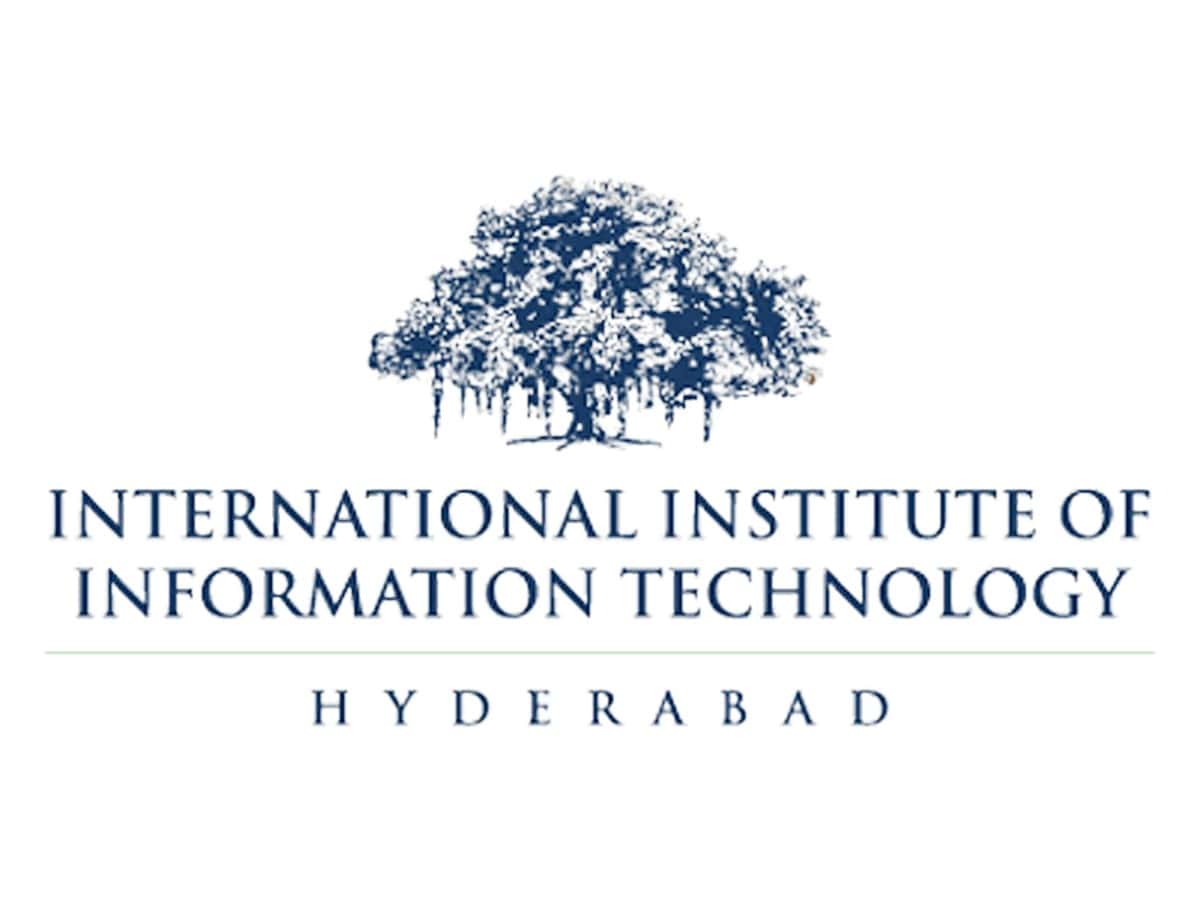
Want to improve your English the easy way? Here is one tool from the IIIT Hyderabad, which promises to help you.
An English Learning Tool (ELT) that can be used as a teaching assistant for English speech evaluation has been developed at the Raj Reddy Centre for Technology and Society (RCTS) in IIITH (International Institute for Information Technology Hyderabad).
The ELT is also versatile. In the classroom setting, it works as a teacher-assistance tool while in the other case, it is a self-learning tool where the teacher assigns the homework and students can practise at leisure.
The IITH has conducted a pilot study in March in one of the government schools in Moinabad village, Rangareddy district where it was received with enthusiasm by the students and the teachers.
“Our primary focus is the rural audience where the point is to assist the teacher who might not possess the expertise to teach English or may be taking on more course load than is desirable,” says Arjun Rajasekar, Sr. Research Scientist at RCTS.
The IIITH Innovation
What the IIITH team has done is build a UI wrapper (User Interface) around the speech assessment model with the dual purpose of being used in either a classroom situation or as a self-paced learning tool.
The team originally built a model that provides pronunciation feedback at 4 different levels – the phoneme, emphasis, tonal, and possible pause locations of a sentence.
For the present application directed at schools in rural areas and self learning, the focus is only on the syllable stress component. Additionally, a visualisation of the feedback has been integrated into the tool.
Explaining the tool, Arjun says that when a student reads out a sentence it is visually mapped against an expert’s enunciation, syllable-wise. “Essentially, it is like ‘you have said this ‘xyz’’, and you get to compare it against how an expert would have said it,” he adds.
Each uttered word in the sentence is given a score. In this way, students get clear feedback on where they are going wrong.
Automating Speech Assessment
“In a classroom situation, having a teacher to correct the nuances of pronunciation by breaking down each sentence and telling the student where to pause, where to lay emphasis on and so on, is a tedious process. In addition to this, often the teachers themselves may not be very proficient in the language,” says Arjun.
What the team at RCTS decided was to use a speech assessment model developed by Prof. Chiranjeevi Yarra from the Speech Processing Lab at the Language Technology Research Centre (LTRC) in IIITH.
The model is an intelligent assistant that the professor had worked upon previously as part of his research thesis while at IISc under Prof. Prasanta Kumar Ghosh. “The motivation was to help people find gainful employment by helping them learn spoken English and comprehension skills without enrolling at coaching centres,” according to Prof. Yarra. The entire interface works via voice commands with feedback on pronunciation and sentence formation also given via speech, the IIITH a team says.
Importance in Indian context
In India, despite having many languages, children studying in their mother tongue, English continues to be the top aspirational language. Very recently, Andhra Pradesh, made English language teaching compulsory from the primary school level in the State government schools.
Over the decades, proficiency in English has given advantage to students in academics, jobs, pursuing foreign opportunities and provided confidence. However, there is a shortage of professionals to teach the language in the country.
This is where the tool developed by the Scientists at IIITH can help aspirants in their quest for proficiency in the spoken English.
As per experts, the best way to pick up a foreign language is to learn it from a native speaker who can correct you and provide essential feedback. In India, the ‘foreign’ second language is English and represents the key to economic development and employment opportunities. In fact previous studies have shown that despite being highly motivated to learn the language, children in government schools have little or no access to learning resources in English, the IIITH team says.
The future applications
On the future developments, the team plans on open sourcing the technology for the application so that it will be publicly available for any learner who wishes to use it. This is in line with the intention of the Raj Reddy Centre.
Another application being explored by the team is the addition of this technology to the existing pipeline of the ‘Ask Agastya’ project.
The way the researchers envision this to work is that when a student is prompted to speak a sentence in English via the AI-driven IVR system, they will receive multi-lingual feedback. “Currently the feedback received is all in English, but via the IVR system, they can opt to receive the feedback in Telugu. It will essentially be like a Telugu speaker teaching you to speak English correctly,” says Arjun.
Ask Agastya is a collaborative project of the IIITH and Agastya International Foundation, Bengaluru. The objective is to create solutions that will bring innovative, high-quality and high-relevance learning and training to economically disadvantaged school children.
According to an agreement, the partners will jointly identify problems in the grassroots that can be addressed by solutions based on emerging technologies such as AI & ML, language technologies and computer vision.
The partnership is set up under the Raj Reddy Centre on Technology in Service of Society at IIITH. This center is an initiative of IIITH to enable research and emerging technology-led solutions for grassroots education and public health, with specific emphasis on the rural population.



